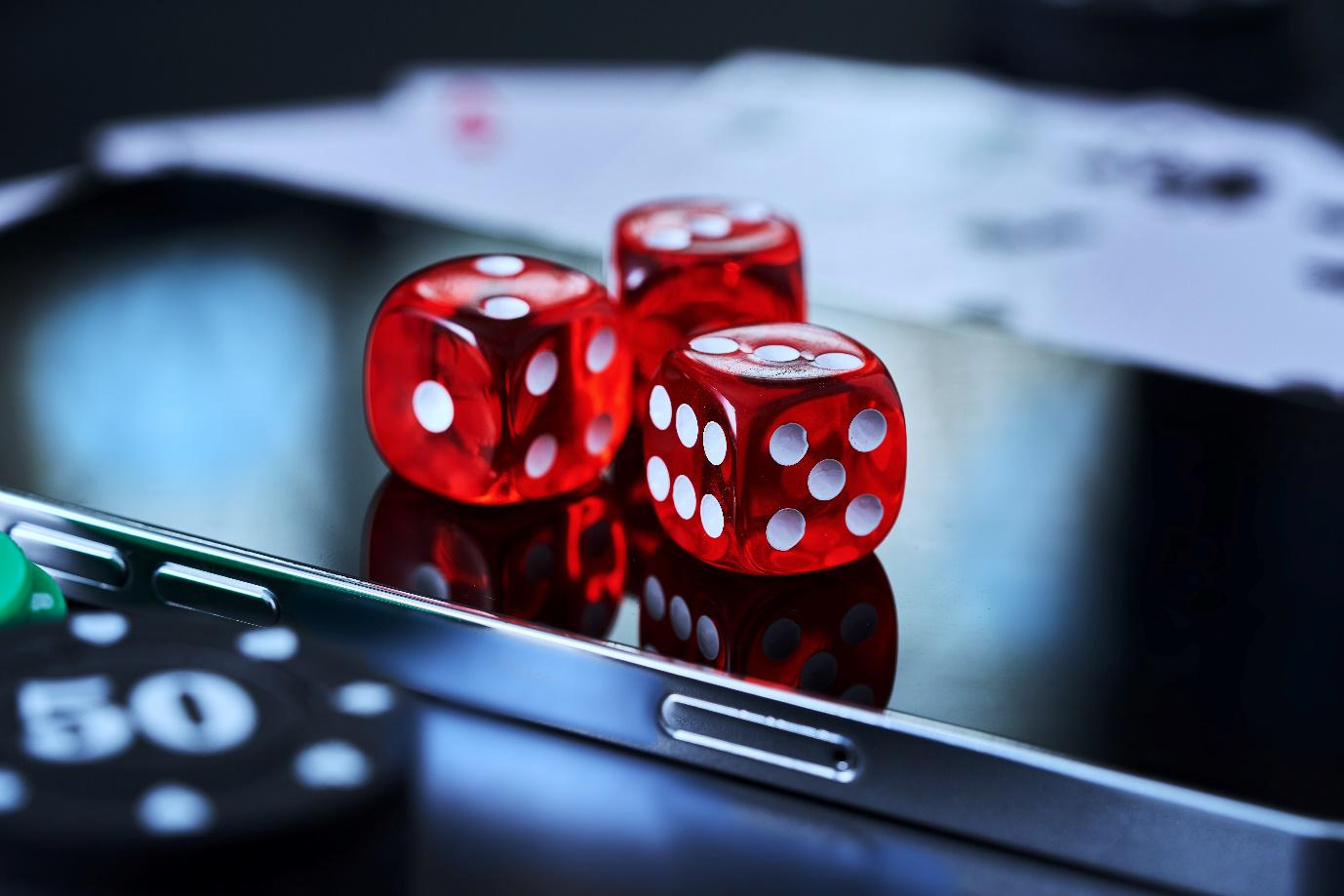A game of chance is any game in which the outcome is primarily determined by randomness rather than skill or strategy.
These games have been a part of human culture for thousands of years, serving various purposes, from entertainment and socialisation to gaming and decision-making.
At its core, a game of chance involves an element of unpredictability. This can be achieved through various means, such as:
- Rolling dice
- Shuffling and dealing cards
- Spinning a wheel or Roulette games
- Drawing numbers or balls from a container
- Using Random Number Generators (RNGs) in digital games
The appeal of games of chance lies in their simplicity. Common examples of games of chance include:
- Plinko: Players drop a chip into a chosen slot and watch it ‘plink’ down the pegs to land in one of the many sections below, which are attached to possible prize amounts.
- Lottery: Players purchase tickets with number combinations, hoping to match the randomly drawn numbers.
- Slot machines: These games use RNGs to determine the symbol sequences spinning into play on the reels.
- Roulette: A ball is dropped onto a spinning wheel and players wager on where they think it will land.
- Bingo: Numbers are randomly called, and players mark their cards accordingly, intending to be the first to mark all numbers on the card.
- Craps: Players bet on the outcome of rolled dice.
While these games are predominantly based on chance, some may involve an element of decision-making. For instance, in Poker, while the cards dealt are random, players can choose their bets and bluff. However, the randomness of the card distribution still plays a significant role in the outcome.
Taking care with games of chance
Games of chance have been subject to legal and ethical debates throughout history. Many cultures and jurisdictions have regulated or banned these games due to their association with gaming and the potential for addiction.
The randomness in these games can create a false sense of control or pattern recognition in players, leading to the “gambler’s fallacy” – the mistaken belief that past outcomes influence future results in independent events.
The maths behind games of chance
From a mathematical perspective, games of chance are often studied using probability theory. This branch of mathematics helps understand the likelihood of various outcomes and can be used to calculate the house edge in casino games.
For example, in European Roulette, the house edge is about 2.7%, meaning that, on average, the casino expects to keep 2.70 coins for every 100 coins wagered over the long term.
Games of chance in real life
In recent years, online gaming has made games of chance more accessible than ever. Digital versions of traditional games and new, innovative games of chance are now available at the click of a button. This has raised new concerns about gaming addiction and has led to increased efforts in responsible gaming initiatives.
It’s worth noting that games of chance are not limited to gaming contexts. They are also used in various other areas:
- Board games: Many board games incorporate dice rolls or card draws to add an element of unpredictability.
- Video games: RNGs are often used to determine loot drops or critical hits in gaming.
- Scientific studies: Randomisation is crucial in many experimental designs to eliminate bias.
- Decision-making: Some people use coin flips or dice rolls to make decisions when faced with equally appealing options.
When it comes to games of chance, it’s crucial to approach them with a clear understanding of their nature. The outcomes are random and not influenced by past results or player actions. When used for gaming, it’s important to set limits and gamble responsibly, recognising that the house always has a statistical advantage in the long run.



